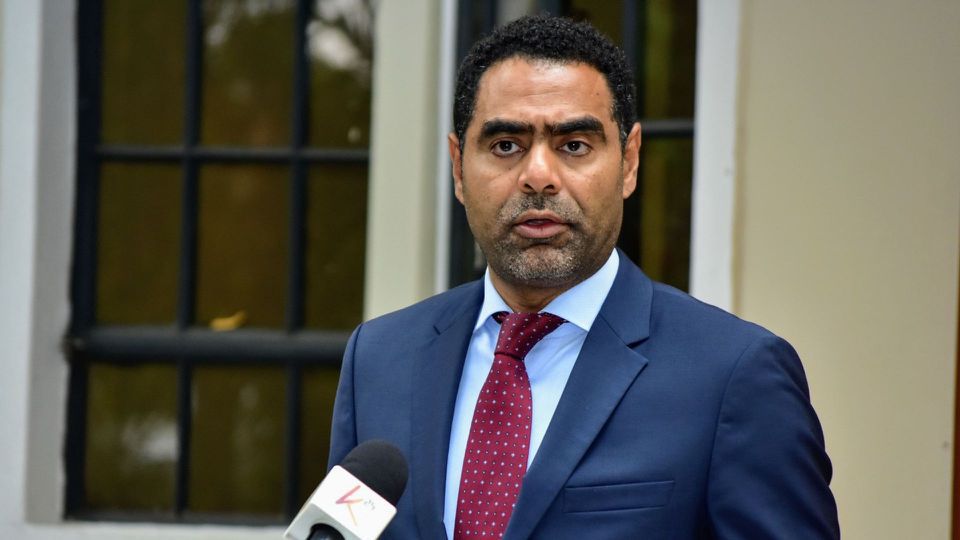The Football Kenya Federation (FKF) has introduced stringent regulations requiring prior approval for all football-related activities across the country. This move underscores the federation’s commitment to reinforcing its authority and enhancing the governance of the sport in Kenya.
The new measures are designed to curb the growing prevalence of unauthorized matches, player trials, training programs, and privately operated football academies. FKF has expressed deep concern over the risks posed by these unregulated activities, particularly the potential exploitation of players and threats to participant safety.
According to a recent statement, the federation reasserted its mandate as the sole governing body of football in Kenya. It emphasized its exclusive authority to supervise, regulate, and approve all football-related activities nationwide. The statement served as a reminder to stakeholders that any football event conducted without official FKF sanction is deemed unauthorized.
To strengthen its oversight, FKF has rolled out a new approval protocol that all individuals and organizations must follow. Effective immediately, any party planning to organize a football-related event is required to submit a formal request to the federation’s National Office no less than 14 days prior to the event. The application must detail the nature and scope of the activity, proposed dates and venues, participant lists, and safety and safeguarding measures.
The federation highlighted that unsanctioned events can compromise the integrity of the sport and pose serious risks to players, especially young talents who may be targeted by unscrupulous agents or organizations. By centralizing control, FKF aims to ensure that all football activities meet standards of professionalism and safety.
Furthermore, the federation has issued a stern warning to its registered members. Participation in or association with unauthorized football engagements will attract disciplinary measures. This includes potential sanctions against individuals or organizations that defy the directive, reinforcing the message that compliance with FKF guidelines is non-negotiable.
These new rules are seen as part of a broader initiative to improve the structure and credibility of Kenyan football. They are particularly aimed at enhancing governance at the grassroots level, where oversight has historically been minimal. By introducing clear and enforceable standards, FKF hopes to protect the interests of players, uphold the quality of the game, and foster a more secure and regulated football environment.
Ultimately, the federation’s actions reflect a growing determination to professionalize the sport and curb practices that undermine its development. The implementation of these stricter regulations signals a shift towards tighter control and increased accountability within the Kenyan football ecosystem.

